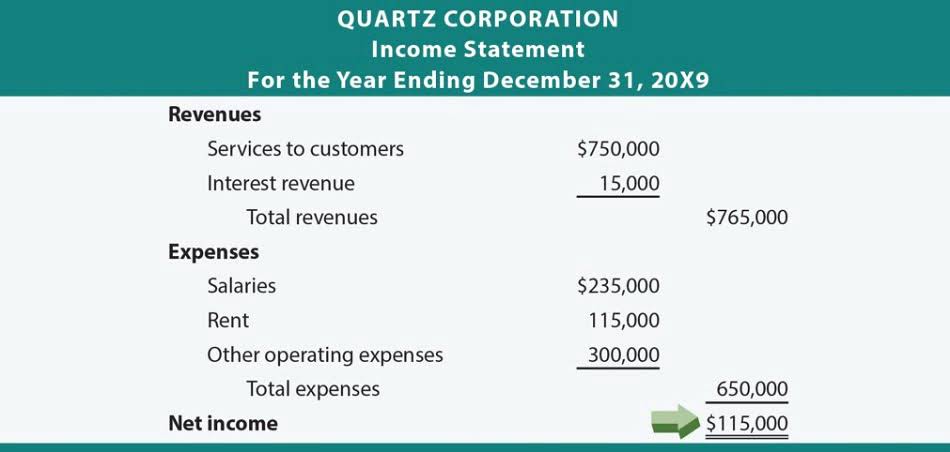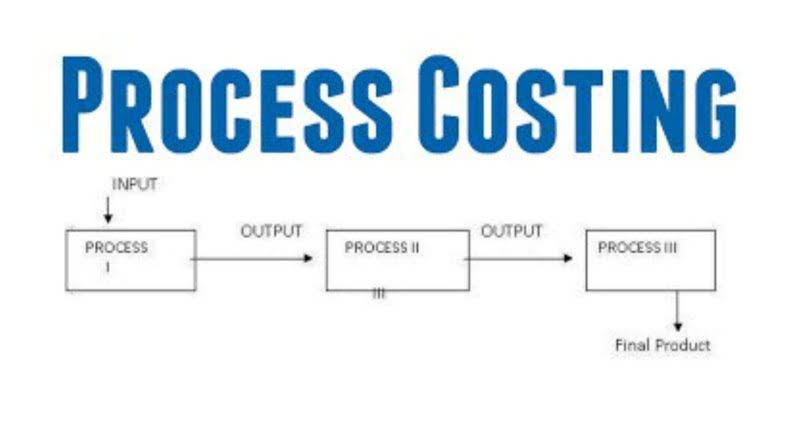Whats the Difference Between Payroll and Bookkeeping?

Payroll processing is a critical function in bookkeeping that involves calculating employees’ compensation, managing deductions and benefits, and ensuring accurate and timely payment distribution. Adhering to this systematic approach helps maintain financial consistency and legal compliance. It is essential to create individual employee records in the payroll system, meticulously logging details like salaries, wages, tax withholdings, and benefits. Accurate data entry is foundational to effective payroll accounting, as it affects Bookkeeping for Painters the overall financial statements and legal compliance. Payroll in bookkeeping refers to the process by which businesses calculate and distribute employee pay.
What is payroll accounting?

Now that we’ve discussed how to choose the right financial management approach, it’s time to explore practical strategies for implementing these approaches effectively. Regardless of the size or industry of your business, implementing sound financial strategies is essential for driving success, managing risks, and achieving long-term sustainability. In this section, we’ll delve into actionable tips for integrating accounting, payroll, and bookkeeping practices into your business operations to optimize financial performance. Despite the convenience of bookkeeping software, businesses still face challenges when it comes to streamlining bookkeeping processes. One common issue is maintaining consistency and accuracy in recording financial transactions across different accounts and platforms. Without proper documentation and categorization, businesses risk errors and discrepancies that can have serious implications for financial reporting and decision-making.
Payroll Tasks
- CCC College Accounting 2-year Diploma with Co-op will align you with Certified Professional Bookkeeper (CPB), Canada’s largest and fastest-growing certifying body of bookkeepers.
- Up-to-date and accurate payroll, bookkeeping and accounting practices help set the foundation of a successful business.
- Train HR and accounting staff on the new system and integrate payroll with HR software to streamline processes and ensure seamless data flow between systems.
- Accountants know this, which is why they jump over numerous hurdles to get to where they are today.
- Payroll is the process of verifying and distributing payments to employees at the agreed rate and in accordance with designated award rates.
While accountants and CPAs may sometimes share responsibilities, only a licensed CPA is eligible to file reports with the Securities and Exchange Commission (SEC), or complete and file official audits. Employers are not just withholding agents; they also contribute their share of payroll taxes. This includes a matching amount for Social Security and Medicare and Federal Unemployment Tax Act (FUTA) taxes. Through contribution margin diligent accounting practices, businesses can maintain accurate records that reflect true payroll liabilities and expenses.
Accountant Tasks
- Automated payroll systems calculate wages, deductions, tax withholdings, and benefits based on predefined rules and compliance requirements.
- Financial decisions regarding a company’s tolerance for additional employees might be made using this information.
- After all, running a successful business involves manoeuvring a lot of moving parts, and two crucial areas that often get confused are bookkeeping and payroll.
- Get your employees paid without hassle with instant employee payslips, let us handle all matters HMRC.
- Accountants are advisers who produce financial reports and offer financial advice.
Accountants check what they do to help the business survive, evaluate operations problems, and create upper-hand solutions, all aimed at saving cash in their capacity as controllers. Even though bookkeepers are not accountants or payroll professionals, there might be times when they need to do some accounting or payroll work. Nonetheless, it is important to note that certain actions, like lodging a tax return, require another level of qualification, i.e., becoming a BAS agent.
Do you need a bookkeeper if you use account software?
Oversees mandatory and voluntary deductions such as taxes, insurance, and retirement contributions, ensuring compliance with legal requirements. While they seem similar at first glance, bookkeeping and accounting are bookkeeping and payroll services two very different mediums. Bookkeeping serves as more of a preliminary function through the straightforward recording and organizing of financial information. Accounting takes that information and expands on it through analyzing and interpreting the data. We provide our payroll services across Belfast, Birmingham, Bradford, Bristol, Cardiff, Coventry, Edinburgh, Glasgow, Leeds, Leicester, Liverpool, London, Manchester, Nottingham and Sheffield. Additional duties may also include tracking debits and credits, reconciling financial statements, and reviewing reports.

University of Texas at Dallas

However, the payroll department might not have as much need for some financial statements (e.g., a statement of cash flows). The accounting half stops once time tracking is done, as the accounting half doesn’t handle paying employees. Reporting and paying them accurately depends on employee data (through form W-4) and how much they make (what tax bracket they fall into). Accountants have the duty of creating information sheets from data typically acquired from bookkeepers. They then check this data against other documents — for example, bank statements — to ensure everything is correct.
How to be a Bookkeeper or Payroll Professional?
Whether you need help managing your business’s finances, bookkeeping services, tax services, or making sound investment decisions, we have the business consulting expertise and experience to get the job done. We believe in personalized service which means building strong relationships with our clients. Set up the payroll system to handle tax filings automatically, staying compliant with all reporting requirements and deadlines, minimizing the risk of penalties, and ensuring timely tax payments. Simplify complex operations with multi-entity management, custom roles and permissions, and automated revenue recognition. Make faster decisions with multi-dimensional reporting and deeper insights in real time. Using a system like QuickBooks, the payroll accounting entries are often generated automatically based on the input data.



